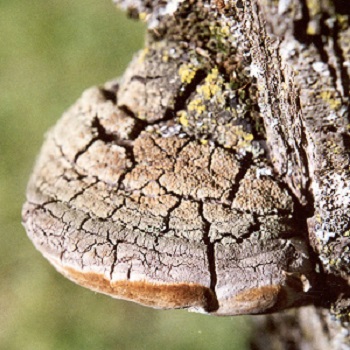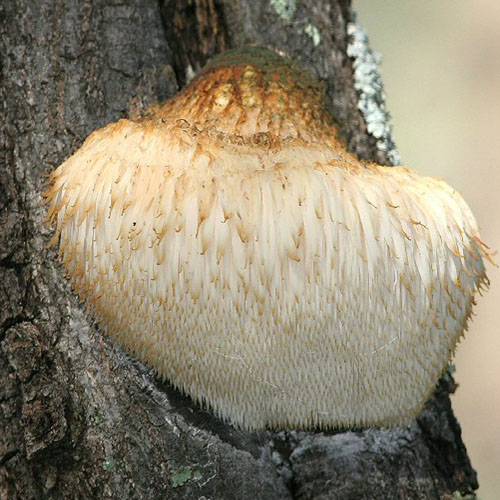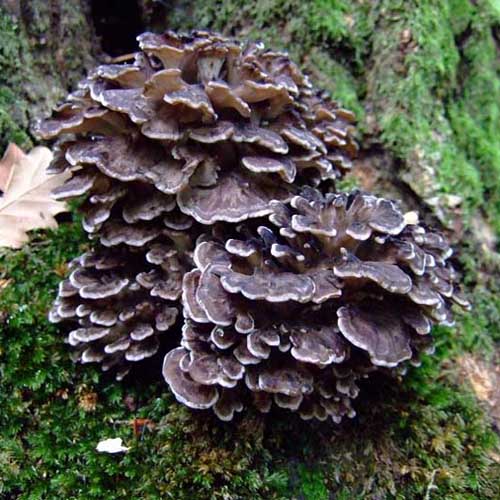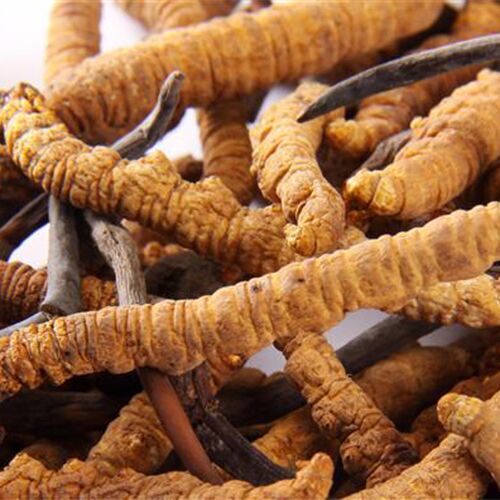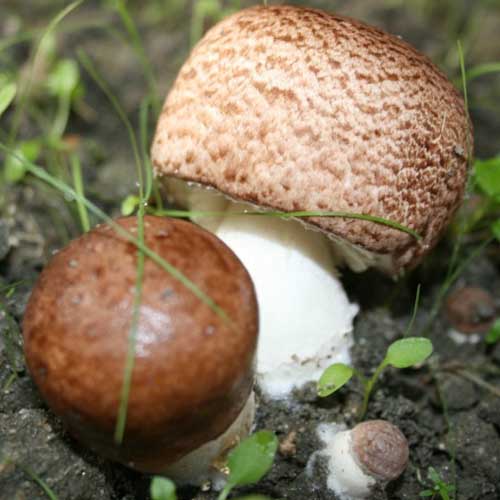Chinese Name Sang Huang 桑黄
Latin Name Phellinus linteus
Other Names Meshimakobu, Mesima, Son Gen, Sang-hwang.
Used Part Fruit Bodies
Specification Powdered Extract
Meshima Mushroom Extract Powder
Description
Meshima, also known as Mesima, is a medicinal mushroom with very powerful medical health benefits. Meshima’s scientific name is Phellinus linteus. Common names for Meshima include: Meshimakobu, mesima, son gen, sanghuang, and sang-hwang.
Meshima (Phellinus linteus) is a bitter tasting mushroom that is yellow in color and grows on mulberry trees. Tree mushrooms typically have different constituents—and therefore healing properties—than do soil-grown mushrooms, since they pull properties from old trees that help form the chemical make-up of the mushroom. Even growing on different trees can make a difference in the properties of the mushrooms, as well as the age of the trees.
Meshima in TCM and modern medicine
Traditional Chinese Medicine (TCM) often mixes Meshima with other medicinal mushrooms like reishi or maitake, or as an adjunct treatment to cancer therapy. The anti-aging and anti-cancer and immunomodulating (immune boosting) properties of meshima and other medicinal mushrooms has been well known for thousands of years.
Meshima (Phellinus linteus) also is being researched for its apparent chemoprotective effects against breast cancer, colon cancer, liver cancer, lung cancer, oral cancer, prostate cancer, and skin cancers, according to reports. The antitumor effects notwithstanding, Meshima also has anti-angiogenic, antioxidant, and xanthine oxidase inhibition properties.
Meshima (Phellinus linteus) is also known to have these medical health benefits:
- Anti-hemmorhagic
- Protects against DNA damage
- Protects against formation of hydroxyl radicals
- Antiviral
- Antibacterial
- Antioxidant
- Anti-aging
- Anti-cancer
- Immunomodulating (enhances immune system)
- Anti-tumor
- Anti-angiogenic
Meshima (Phellinus linteus) is one of the many medicinal mushrooms from Asia that can be used by itself or with other mushrooms to help heal. In TCM mentioned above, meshima can also be used with herbalism since herbal remedies are a common part of TCM practices in many countries.

